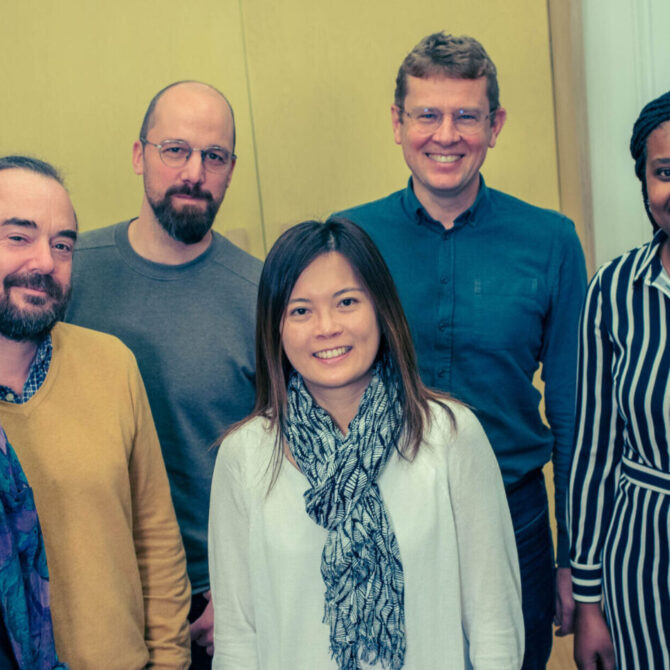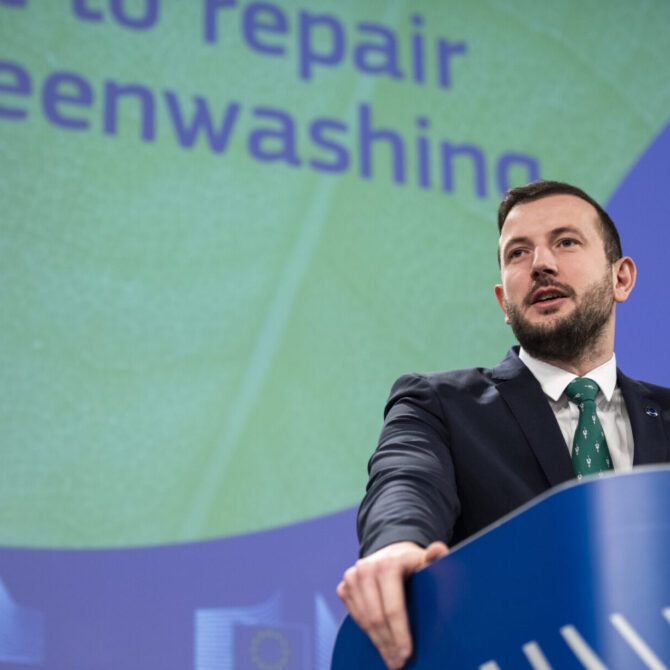April 25th, May 16th and June 13th – 11:00-12:30
Webinar 1: CSRD in clear wording
April 25th 2024, 11:00 – 12:30
What does the new Corporate Sustainability Reporting Directive (CSRD) imply for your company and your sustainability report?
- Is the directive mandatory (yet) for your company?
- Can it be of use for companies that don’t need to comply yet?
- How does CSRD relate to CS3D (Corporate Sustainability Due Diligence Directive)?
- What are the differences for companies already reporting according to the GRI standards?
- What are, in a nutshell, all the legal requirements?
- Who within my organisation should be involved? Who should take the lead?
Webinar 2: DMA from a practical and pragmatic perspective
May 16th 2024, 11:00 – 12:30
The Double Materiality Assessment (DMA) determines what you should report on. We’ll give you the essentials and a pragmatic approach to get you started.
- Where to begin, for example, when mapping your value chain?
- How to efficiently address the list of 88 sustainability matters that require disclosure and select the matters to report on?
- What could be sustainability topics that exclusively apply to your company?
- Who are your stakeholders and how to involve them: with a survey, focus groups or interviews?
- I have recently carried out a materiality analysis: how can we integrate that information in the DMA?
Webinar 3: CSRD and DMA as a basis for a solid sustainability strategy
June 13th, 11:00 – 12:30
The results of your DMA inform you on the areas on which your company has the highest impact. With this session you’ll understand how to use that information to develop or strengthen your sustainability strategy. This allows you to both comply with the CSRD and at the same time profit from it.
- How do you know if your company is ready for a sustainability strategy?
- How, based on the DMA, do you define the high priority topics for your sustainability strategy?
- How much time will this process take?
- Who should be involved?
Individual session
At the beginning of the series, we will inform you on how to plan and prepare an individual session with our CSRD experts.
For whom?
This series is useful both for executives and for sustainability professionals in companies and organisations that want to develop their sustainability strategy, whether they already must comply with the CSRD or not.
Prior knowledge is not required.
Grasp the change: register now (limited number of participants).
Registration is now closed. Follow us on LinkedIn to be informed on upcoming webinars and other events.
Tap into Sustenuto’s knowhow and expertise on sustainable development
The Corporate Sustainability Directive (CSRD) is a set of new requirements to report on your company’s sustainability strategy. The directive now applies to larger companies, but sets the bar for all those who work with compliant companies and, actually, for our entire economy. It is important not to wait and undergo the change, but to grasp and use it now.
What if you already have been working on your sustainability strategy and have reported on it before: are those efforts useless now? Or what if your company hasn’t established a (comprehensive) sustainability strategy yet?
With a series of 3 webinars and 1 individual session Sustenuto helps you to fully understand and use the CSRD and the DMA to support your sustainability strategy. We provide an overview and essential insights to help you navigate the new directive, transforming it from an overwhelming challenge into a valuable framework for the future. Thanks to over 15 years of experience in developing sustainability and our integrated approach to align existing frameworks and new legal requirements, Sustenuto can offer you the necessary information, and make the right connections.
In the first two webinars we will focus on the basics of the CSRD and the Double Materiality Analysis (DMA): what do they entail, who should be involved, what is their purpose?
In the third webinar we’ll join the different elements and show how to use them as a foundation to (further) develop your sustainability strategy.
In the individual session, you’ll have the opportunity to go into the specifics for your company.
In each session we will supplement the theory with specific cases and answers to your questions.


